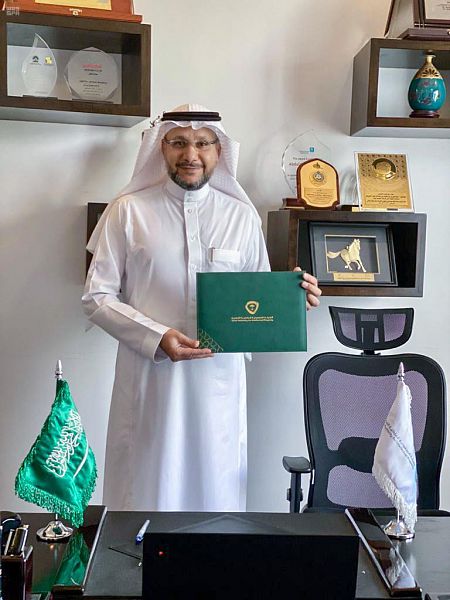
Saudi Arabia has entered a new stage in investing and invigorating its knowledge economy as the national Council of Ministers approved the establishing of the Saudi Intellectual Property Authority (SIPA).
SIPA will contribute to building a knowledge-based economy, allowing for local creations and innovations belonging to citizens to thrive, while creating a new and important space for the promotion of small and medium enterprises.
The Saudi economy is one of the most dynamic and resilient economies in the world, and is undergoing a package of positive economic reforms, which contributed significantly to the launch of diversification and reduced oil dependence.
Saudi Trade and Investment Minister Dr. Majid Al Qasabi affirmed that the Council of Ministers approving SIPA empowers it to play its role in building a knowledge economy that allows for the creativity and innovations of the countrys citizens.
SIPA will grant patent-holders protection and promote the work of small and medium enterprises.
SIPA is also expected to strongly support additional tools of the knowledge economy, while opening a new horizon for the Saudi economy.
The establishment of such a body is seen as the catalyst and support needed to revolutionize the Saudi economy.
Growing a strong knowledge economy is an important factor of overall economic growth rates, world economic reports showed that the knowledge economy and GDP correlation stands at an annual 10 percent.
Confirming Saudi Arabias ability to translate its economic reforms into reality, the countrys Ministry of Finance recently announced its quarterly report on the performance of the state budget, which showed non-oil revenue growth in the first quarter of 2018 at 63 percent compared to 2017.
In the first quarter of 2018, financial indicators for state budget performance showed total revenues that reached 166.2 billion riyals ($ 44.32 billion), up 15 percent from the same quarter of 2017.
Non-oil revenues for the first quarter of 2018 were 52.3 billion riyals ($ 13.9 billion), up by 63 percent from the same quarter in 2017, confirming the success of medium-term fiscal plans, efforts to diversify sources of income and achieve financial sustainability.











